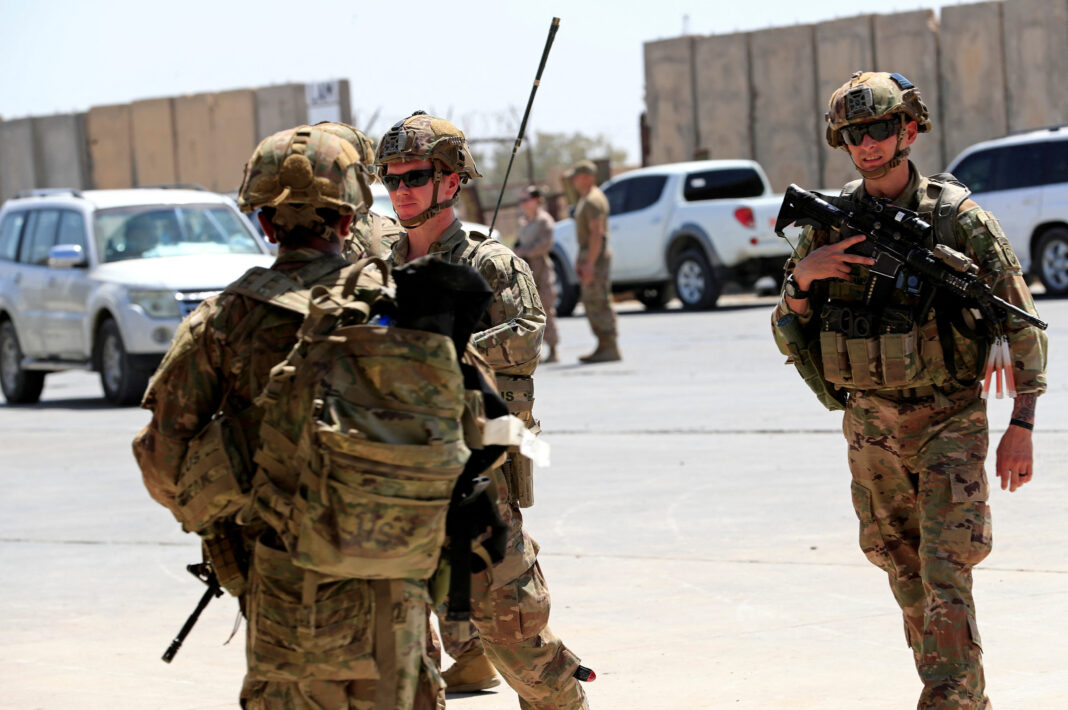Washington withdraws forces from Iraq in a surprising development that caught many off guard. The United States announced the withdrawal of troops from two strategic bases, Ain al-Asad and Victoria. This sudden step signals a faster pace than the original agreement between the two governments.
According to regional media, Washington withdraws forces from Iraq and relocates them to Erbil and a nearby Arab country. The move reflects a sharp shift in U.S. military planning. Officials now accelerate the pullout without following the timetable outlined in the framework agreement.
Reports last week showed that the first phase of withdrawal had already begun. Convoys carrying military vehicles and equipment moved from Ain al-Asad in Anbar province toward the Syrian border. Observers noted that this transfer marked the start of a wider reduction of the international coalition presence in Iraq.
In July, Iraqi Prime Minister Mohammed Shia al-Sudani confirmed that the coalition’s mission will end in September 2026. Negotiations with the United States and other coalition members remain ongoing. Al-Sudani explained that Iraq seeks a new phase of bilateral security cooperation instead of a multilateral mission.
The Prime Minister’s Office stated that two negotiation rounds already took place in Baghdad and Washington. A third meeting is also planned soon. Leaders aim to establish a clear framework for cooperation that respects the Iraqi constitution and national sovereignty.
Washington withdraws forces from Iraq at a time when Baghdad faces pressure to balance security with independence. The coalition once consisted of more than 80 countries. Its main mission to defeat ISIS has already ended. Current talks therefore focus on defining future security cooperation.
Analysts believe the U.S. decision shows Washington’s intention to reduce its military footprint. However, officials still want to maintain ties through diplomacy and targeted security support. Iraq hopes this transition will create a more balanced partnership that protects sovereignty and strengthens stability.



